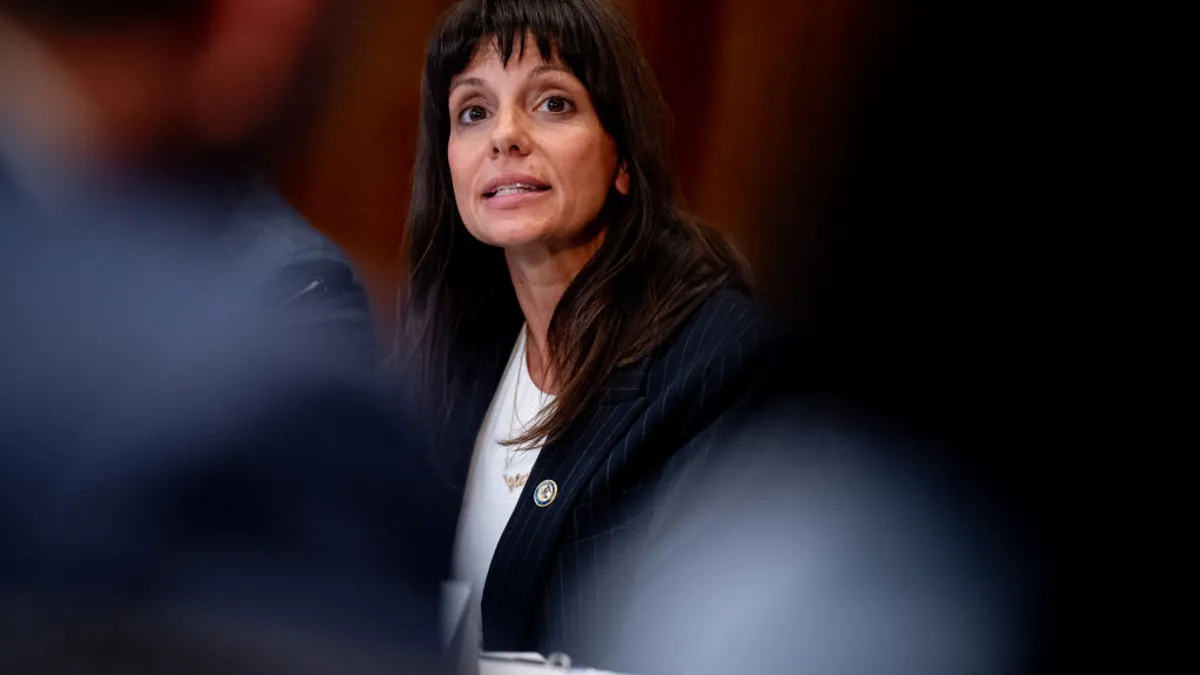Two companies that clawed back money from their employees for their roles in compliance violations received big cuts in fines from the Department of Justice, Principal Deputy Assistant Attorney General Nicole Argentieri told compliance professionals in remarks at an industry event.
The agency launched a pilot last year to reward companies for clawing back compensation from employees who engage in misconduct. The agency is halfway through that pilot and it has two examples of companies earning a break on compliance violations in return for clawing back employee pay, Argentieri told the Society of Corporate Compliance and Ethics September 23 at its annual compliance conference.
Chemical manufacturing company Albemarle last year was given a break of $763,000 from a fine of almost $100 million after it was caught violating the Foreign Corrupt Practices Act when some of its overseas employees tried to bribe government officials in Vietnam, Indonesia and India to win business. The reduction was based on the amount in bonuses the company withheld from the 16 employees who were involved in the bribery.
Albemarle, based in Charlotte, N.C., also faced $104 million in disgorgement but the agency cut that by 45% in recognition of its cooperation in the investigation and effort to improve compliance going forward, Argentieri said. Part of that improved compliance is the company’s clawback policy.
That 45% break was “the highest percentage reduction to date” under the agency’s enforcement effort, she said.
Global software giant SAP similarly earned a $109,000 reduction in a $119 million FCPA penalty based on the amount of compensation it clawed back from overseas employees who tried to bribe officials in South Africa and Indonesia.
Argentieri credited the company for sticking with the clawbacks even after it was sued for them. “The company defended [the clawbacks] in substantial litigation,” she said.
In addition to the reduction based on the clawback amounts, SAP earned a 40% break in the penalty for its cooperation after the agency began its investigation and its imprived compliance posture, which includes the clawback policy and its willingness to defend it in court. It received a separate $55 million credit against the criminal penalty the company faced from the South African government.
By going after the pay of employees who engage in wrongdoing, Argentieri said, not only did the companies lower their penalties but they sent a message to their employees that they would be held personally liable for their actions, Argentieri said.
“By holding culpable individuals financially accountable — along with those who were in a position to report or stop the misconduct — companies send a clear message that there will be consequences for those who do not stand against misconduct,” she said.











